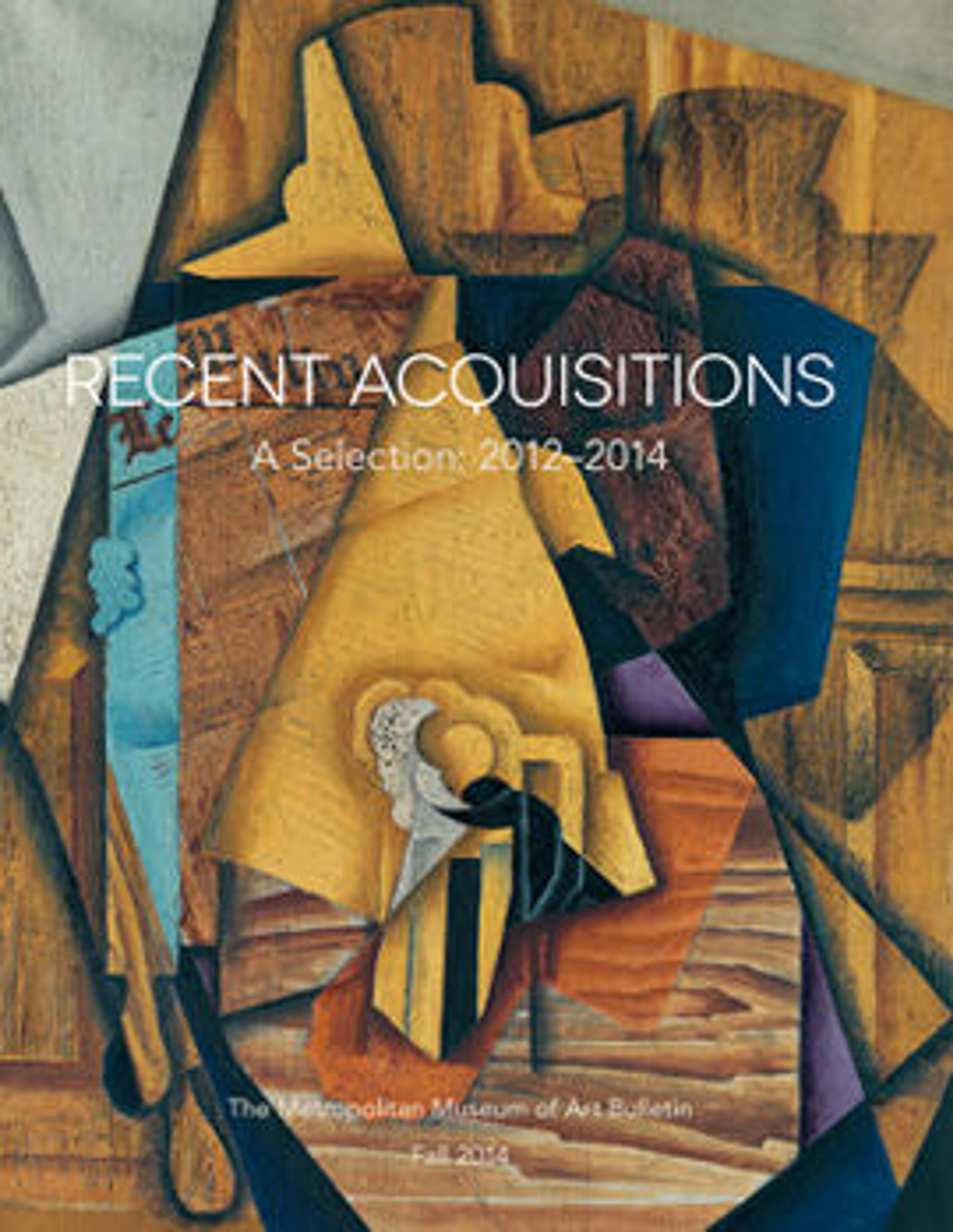Saint Sebastian
The protector of plague victims and soldiers, Saint Sebastian was shot with arrows for converting Romans to Christianity. He is pictured here miraculously surviving his ordeal as an angel descends to bestow his laurel crown and release his wrists—still wrapped with rope—from the tree. Heightened by the pale ivory, the tears trickling from Sebastian’s eyes express his vulnerability. His righteous plight would have provoked compassion, but his naked body also allowed artists to explore the sensuality of the male form.
Artwork Details
- Title: Saint Sebastian
- Maker: Circle of Master of the Furies (Austrian)
- Date: 17th century
- Culture: Austrian, possibly Salzburg
- Medium: Ivory; kingwood socle
- Dimensions: Overall: 17 1/2 in. (44.5 cm) (without wooden socle)
- Classification: Natural Substances-Ivory
- Credit Line: Purchase, European Sculpture and Decorative Arts Fund, Walter and Leonore Annenberg Acquisitions Endowment Fund, and Mr. and Mrs. J. Tomilson Hill and Hester Diamond Gifts, 2013
- Object Number: 2013.36
- Curatorial Department: European Sculpture and Decorative Arts
Audio
92. Saint Sebastian, Part 1
Gallery 551
0:00
0:00
We're sorry, the transcript for this audio track is not available at this time. Please email info@metmuseum.org to request a transcript for this track.
Listen to more about this artwork
More Artwork
Research Resources
The Met provides unparalleled resources for research and welcomes an international community of students and scholars. The Met's Open Access API is where creators and researchers can connect to the The Met collection. Open Access data and public domain images are available for unrestricted commercial and noncommercial use without permission or fee.
To request images under copyright and other restrictions, please use this Image Request form.
Feedback
We continue to research and examine historical and cultural context for objects in The Met collection. If you have comments or questions about this object record, please contact us using the form below. The Museum looks forward to receiving your comments.
